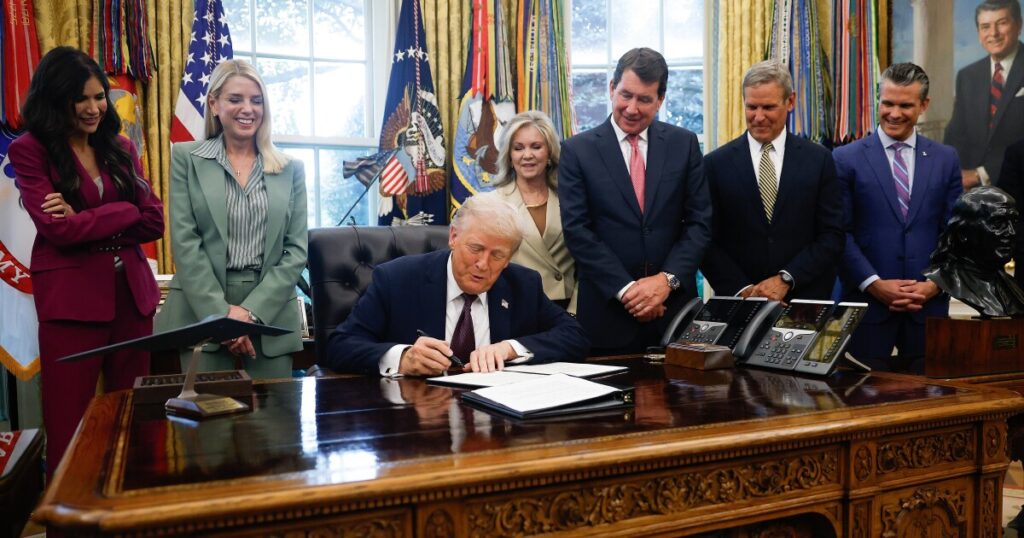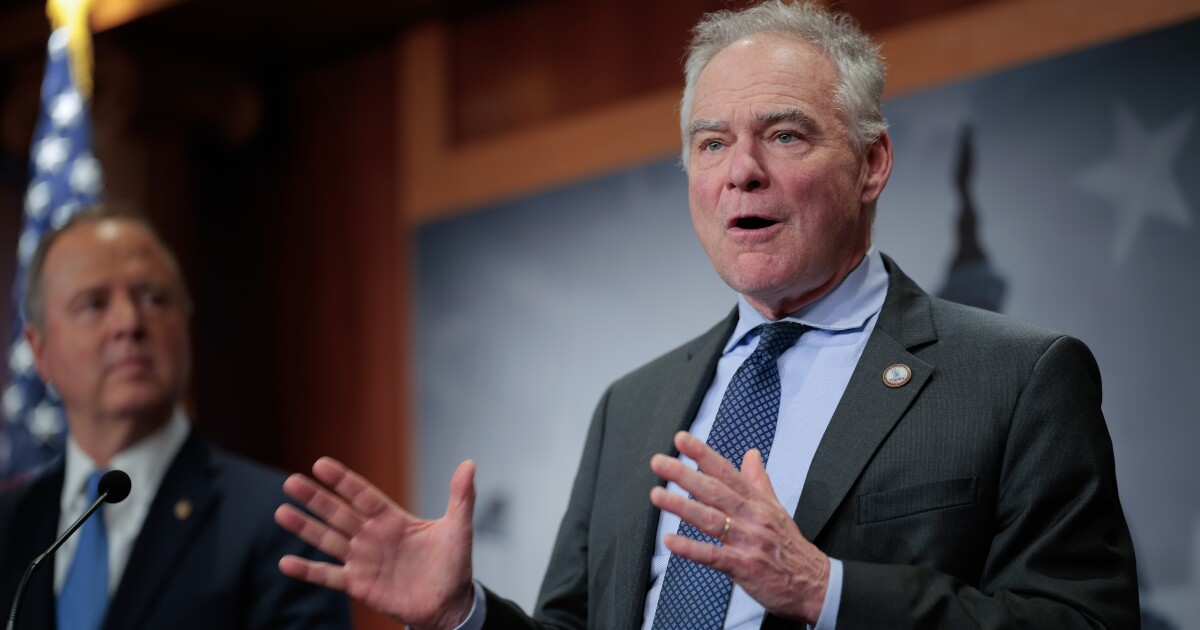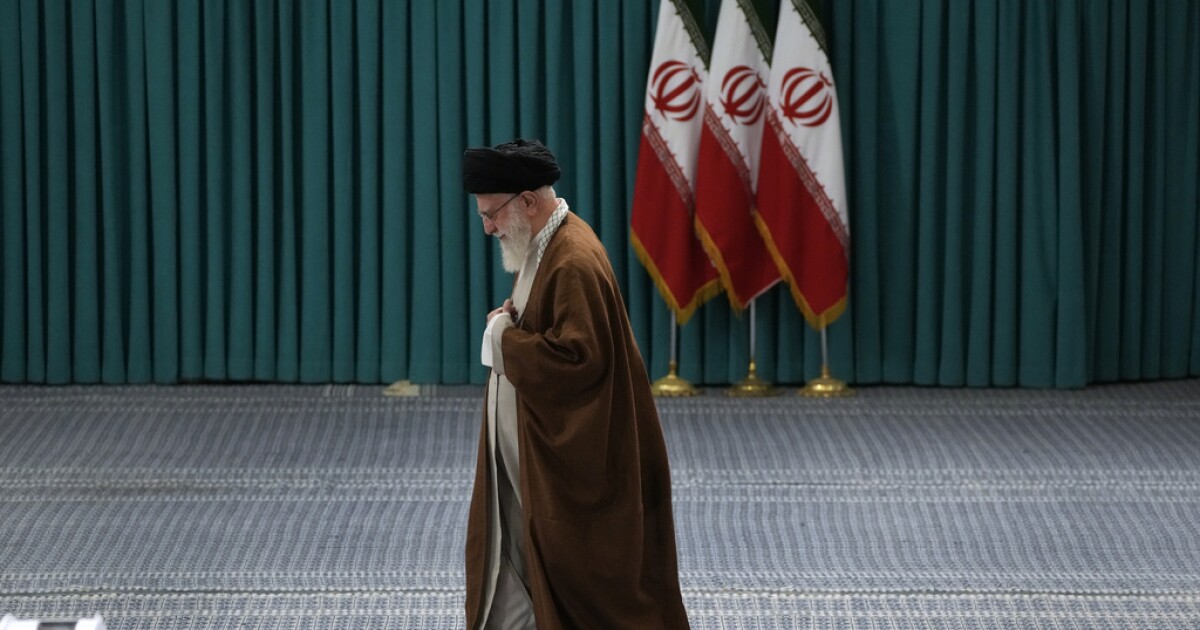In a controversial move, President Trump has identified Memphis as the latest focal point for federal intervention to address crime, proposing to deploy National Guard troops to the city.
Earlier this week, Trump, accompanied by Tennessee Governor Bill Lee, a Republican, signed an order at the Oval Office to establish a federal task force for Memphis. This initiative mirrors a similar strategy he implemented in Washington, D.C., where over 2,000 National Guard troops have been active for more than a month, primarily securing federal properties and maintaining city parks.
“It’s very important because of the crime that’s going on, not only in Memphis, in many cities,” Trump commented, explaining that the task force would include the state National Guard, FBI, immigration officials, U.S. Marshals, and other agencies.
Details on the deployment timeline or the nature of law enforcement activities in Memphis were not included in the presidential memorandum, although it mentioned the potential involvement of National Guard members from other states.
Trump’s decision to send troops to Memphis is part of a larger initiative to extend his so-called anti-crime efforts across the nation, specifically targeting cities governed by Democrats. This pattern has led legal experts to question the extent of presidential authority and the military’s role in domestic affairs.
“I have a whole bunch of concerns,” said Chris Mirasola, a national security law professor at the University of Houston Law Center. “I think fundamentally, there are deep problems with our politics becoming accustomed to the military having a recurring, consistent role in what are, frankly, non-emergency situations.”
This marks the first instance of such action in a Republican-led state, with Governor Lee endorsing the move, expressing his frustration with crime affecting Memphis’s potential. However, Memphis Mayor Paul Young, a Democrat, has voiced his objections.
“I did not ask for the National Guard, and I don’t think it’s the way to drive down crime,” Young told reporters at a news conference, acknowledging the city’s unfavorable crime rankings.
Local leaders’ support or opposition to Trump’s Memphis plan largely aligns with party lines.
Why Memphis?
The White House claims that deploying troops to Memphis, a city with a predominantly Black population, aims to “restore public safety” amid longstanding violent crime struggles.
Just before the announcement, Memphis police reported reductions in all major crime categories in early 2025 compared to previous years, albeit following near-record high crime rates in 2023, including approximately 350 homicides.
Critics argue that military involvement is unsuitable for addressing crime rates in Memphis or other cities, highlighting that National Guard troops lack community policing training and arrest authority. Memphis police are already engaged in joint task forces with federal agencies like the FBI, U.S. Marshals, and ICE.
Mayor Young remains committed to collaborating with the deployment, aiming to foster community trust while continuing local law enforcement efforts.
“We don’t have a say in the National Guard, but our goal is to ensure that we have influence in how they engage in this community,” Young emphasized, suggesting federal officials should address the “root of violent crime” through mental health services, housing, and education.
Normalizing soldiers on the streets of U.S. cities
Mario Tama / Getty Images North America
/
Getty Images North America
Recently, Trump has also dispatched National Guard troops to Los Angeles and Washington, D.C., and has hinted at similar deployments to Democratic-led cities such as Chicago and Portland, Oregon. He cites high crime rates as justification, though data indicates that violent crime has declined in many of these locations.
California Governor Gavin Newsom opposed the Los Angeles deployment, arguing it violated state authority and law. Despite this, Trump took federal control of the state guard and deployed them alongside Marines to suppress protests against federal immigration raids. A federal judge in California ruled the action illegal, but it only applies to California and Trump has appealed.
In Washington, D.C., where the National Guard remains deployed, Trump has the power to do so under the Home Rule Act, granting him control over the D.C. National Guard. This authority does not extend to other cities.
Experts suggest that Governor Lee’s backing of Trump’s Memphis plan lends it legal credibility, yet it remains highly unusual and unprecedented.
“If the governor wants to invite troops from other states in — it may or may not be pointless — but legally speaking it’s not necessarily problematic, as long as they’re respecting people’s constitutional rights,” says Rosa Brooks, a Georgetown University law professor and former counselor to the undersecretary of defense for policy under President Barack Obama.
However, Brooks worries that this could normalize the presence of armed troops on city streets, a notion America’s founders opposed.
“It continues to get Americans used to the idea that that’s a normal thing, and that as you go about your daily business, you should just get used to it, and that’s the way it’s going to be. And is that intimidating? Is that chilling to most ordinary people? It is to a lot of people,” Brooks says.
Pushing the boundaries of presidential power

Brendan Smialowski / AFP via Getty Images
/
AFP via Getty Images
Experts express concern over this normalization trend.
“I think we’re seeing continued efforts by the president to expand his power and abuse it in that process,” says Hina Shamsi, director of the national security project with the American Civil Liberties Union.
Shamsi emphasizes that employing troops in this manner challenges longstanding U.S. norms limiting domestic military involvement.
“Very simply put, the military should not be policing civilians. There are laws and safeguards against that, and the president is undermining them in ways that are, I think, really harmful to checks and balances, as well as our civil rights and civil liberties,” Shamsi says.
Copyright 2025 NPR
—
Read More Michigan News










